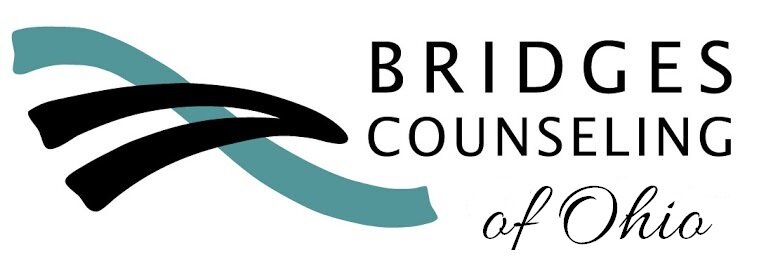Ensuring not insuring

My grandparents used to joke that they read the menus right to left (aka watched their budgets). Being children of the Great Depression and very frugal, careful savers, this was ingrained in them early. Money doesn't grow on trees; life is expensive and quickly adds up. I'm not blind to this fact at all. And it's a fact I'm reminded of in counseling when clients must decide if counseling is "worth the cost." I would argue that this isn't a cost but in fact an investment- in yourself, your relationships, and your life. Saving marriages, improving happiness, finding satisfaction, reaching goals, helping teens and others to become their best and most true selves, are completely worth the investment I believe.
Associated with cost, I have often been asked why Bridges Counseling of Worthington does not take insurance. The answer? Staying off insurance panels and out of network is something I have chosen to do proactively to protect the best interest of my clients.
Insurance can be a wonderful benefit to have especially in terms of disability, life, long term care, auto, home or medical need. Unfortunately, insurance doesn't benefit mental health nearly as much as it does in other areas. Insurance, in my opinion, actually often hinders clients receiving the best care deserved when they seek counseling. For the benefit and protection of my clients, Bridges Counseling of Worthington does not accept insurance. Wonder why? Read on....
Insurance handcuffs the counselor into assigning a diagnosis.
Often times clients don't have a true diagnosis but need someone to turn to in times of crisis, pain or difficulty. Assigning a diagnosis for the sake of reimbursement is ethically wrong and can create a paper trail of diagnoses that may or may not be accurate in order to ensure payment for sessions. Yet if a client wants to use insurance, the counselor is forced by the insurance carriers into creating a diagnosis for that client.
Insurance can dictate the duration of counseling. Insurance tells the client and counselor how many sessions will be approved- regardless of if the presenting concern is improved during those sessions. The client is hurt when sessions are cut short as a result of insurance guidelines. Insurance carriers can audit sessions to determine if the client is getting what they need from counseling and determine if the sessions should continue. I believe that is up to the individual and counselor to determine, not the carrier.
For clients, especially children, a diagnosis creates a lifelong "label" for them. Insurance forever will know that little Jimmy had a depression diagnosis after his parents divorce (when in fact his symptoms were typical and not a true diagnosis) or that Betsy had anxiety before leaving for college (again, normal and not worthy of a diagnosis label) but those labels will forever follow them. It can impact their ability to gain access to a professional field as an adult (i.e. police, medical or military). A diagnosis can impact one's ability to gain life or disability insurance later in life. It identifies the child in schools & professions in a light that may or may not be fair and can hinder their success as a result.
A forced diagnosis also can impact someone professionally in a negative manner. Many professionals are put on leave when certain diagnoses are given and insurance learns of this. It is unfair that someone seeking help for a concern is penalized for doing so - especially when a diagnosis may or may not have been appropriate.
The benefit of a diagnosis, when valid and appropriate, is helping an individual to better understand their symptoms and concerns, to gain access to additional treatment groups, medication, support or research, and to have answers for what they are facing. It is not a tool for payment options.
Working with clients to truly build a rapport, help them with their concerns and be a support as they navigate the path toward comfort and solutions is my goal. Dealing with insurance paperwork, red tape and allowing someone else to control my clients' ability to guide their own journey are not of interest. I went into counseling to help people and I believe staying out of network allows me the opportunity to best do this. I believe that yes, the investment of counseling is worth it. And investing without insurance may be even more worth it.
